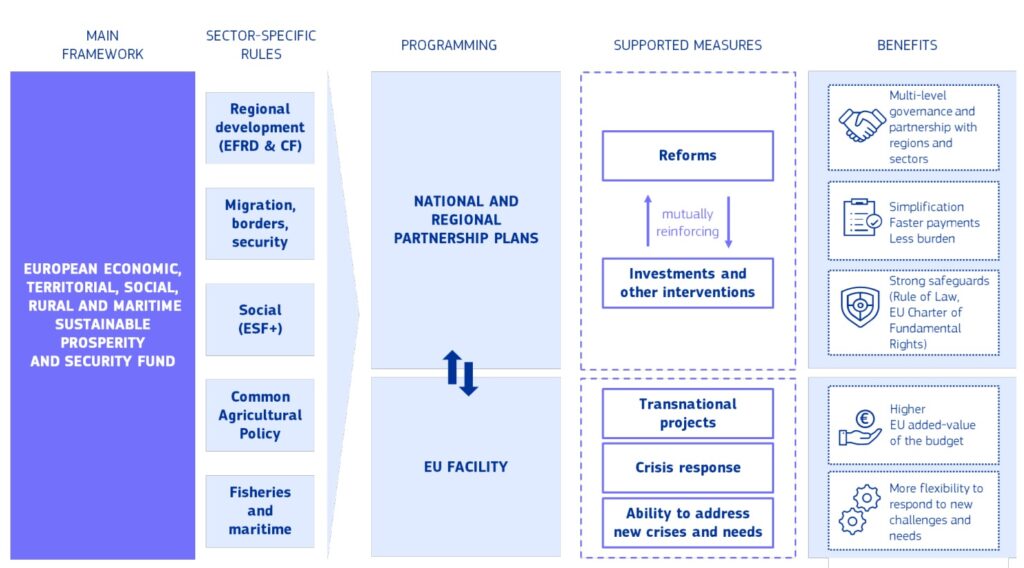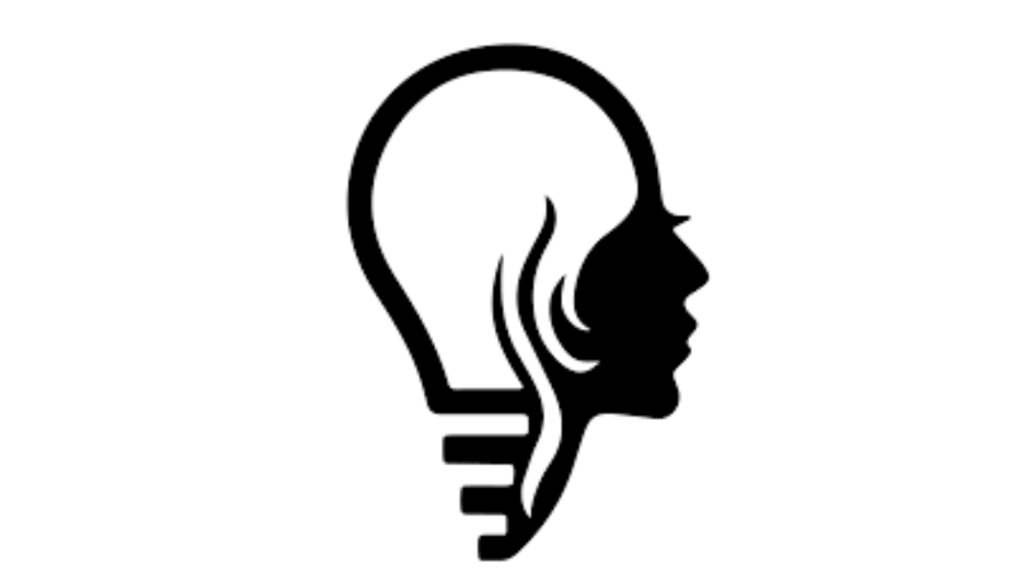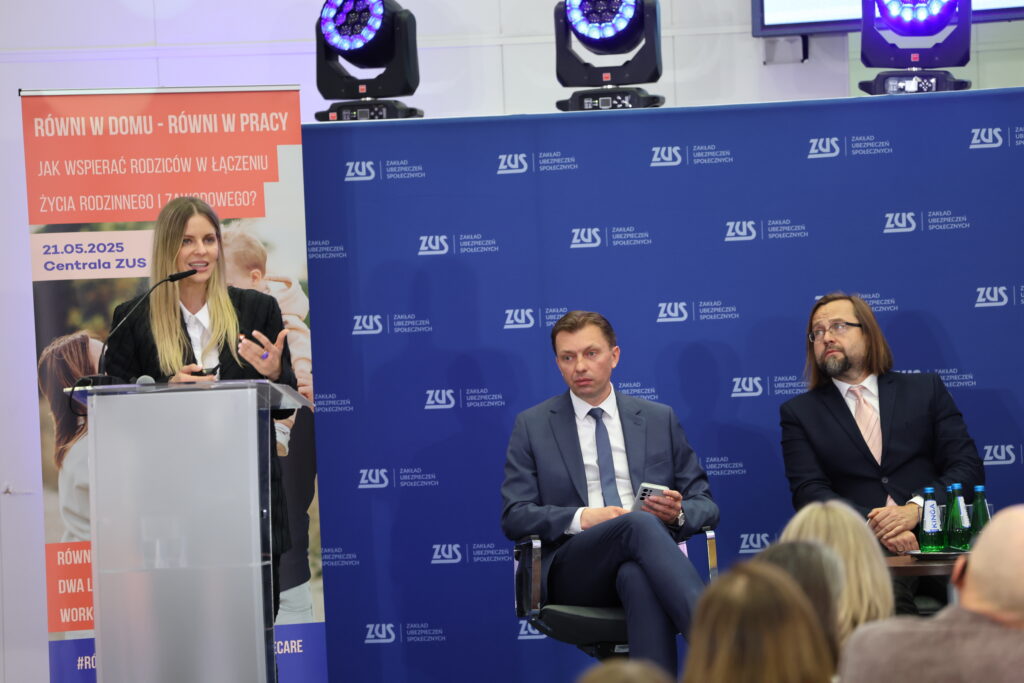From non-compliance and basic minimum standards
to ambitious reforms for modern gender-responsive family policies
The EU Work-life Balance Directive is the first legislative initiative that follows the launch of the European Pillar of Social Rights in 2017, was formally adopted two years later in 2019 and fully integrated in the European Pillar of Social Rights Action Plan. COFACE Families Europe expects high ambitions from the different EU institutions and national governments in the implementation of the European Pillar of Social Rights, as a stepping stone to develop a framework for a more social and fairer European Union. Therefore, the transposition phase of this Directive has been of paramount importance. COFACE has published an assessment of the transposition, focusing on family leaves (paternity, parental and carers’ leave) in 10 countries.
This new report presents the findings of COFACE Families Europe’s transposition assessment carried out together with national experts from 10 Member States representing a geographical and welfare mix: Belgium, Croatia, Finland, France, Germany, Hungary, Italy, Lithuania, Poland and Spain. First, the report introduces the objectives of the assessment, presents the methodology, and specifies the scope of the assessment on family leaves (paternity, parental and carers). In the second part, the findings of the assessment are outlined providing a comparative analysis of the transposition in the 10 respective Member States. The third section discusses these findings in a broader social policy context, summarising the most important take-aways from the assessment. Finally, the concluding section highlights COFACE messages and priorities for future EU policy and legislation, providing recommendations in this regard.
Overall, COFACE Families Europe considers it crucial to launch a new dynamic in all Member States’ social policies by setting out new minimum standards in terms of family leaves which respect diversity of social systems and family-friendly policies at workplaces by providing flexible working arrangements for both men and women. In the light of the current challenges of economic crisis, there is further need for legislation which helps families to tackle and prevent poverty.
While COFACE Families Europe acknowledges the importance of the new social acquis of the Directive, it will continue to advocate for higher standards by using all tools available (EU, national, statistical, policy, research and more) working closely with its member organisations to monitor closely national reforms, ensuring that national family policies and systems are fully compliant with EU law. This includes both hard law like the EU Work-life Balance Directive and soft law like the EU Child Guarantee, EU Care Strategy, EU Strategy for the rights of persons with disabilities, and the EU Gender Equality Strategy – all fundamental policy frameworks to consolidate and rethink welfare systems so that families of today can be supported and resilient to different social and economic shocks.
Consult the full report here
See also the 2022 assessment of the European network of legal experts in gender equality and non-discrimination: The transposition of the Work-Life Balance Directive in EU Member States: A long way ahead.





